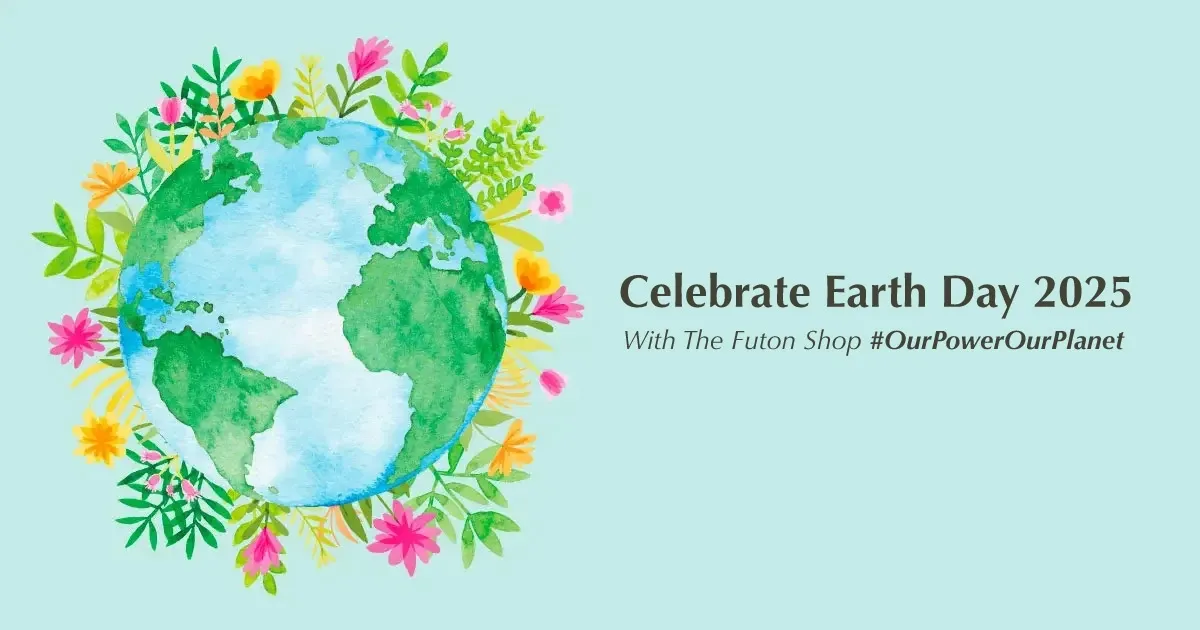Earth Day is more than just a date on the calendar; it’s a powerful reminder of our collective responsibility to protect the only planet we call home.....
Blog
- Read more
Earth Day is more than just a date on the calendar; it’s a powerful reminder of our collective responsibility to protect the only planet we call home.....
- Read more
Spring is finally here! And with it comes a season of growth, renewal, and fresh beginnings...
- January 30, 2025Read more
Presidents Day isn’t just a time for sales—it’s an opportunity to make choices that improve your home and the environment....
- Read more
Creating a harmonious home means designing a space that feels balanced, beautiful, and comforting...
- Read more
The Best sale of the year is here...
- Read more
Black Friday is just around the corner, and it’s the perfect time to give your home a stylish, sustainable makeover!...
- Read more
Holiday hosting is all about creating a space where guests feel welcome, relaxed, and part of the celebration...
- Read more
A shikibuton, or folding foam bed, is a versatile and space-saving bedding option inspired by traditional Japanese design...
- Read more
Tatami mats are an integral part of traditional Japanese interiors, providing both aesthetic appeal and practical benefits...



















